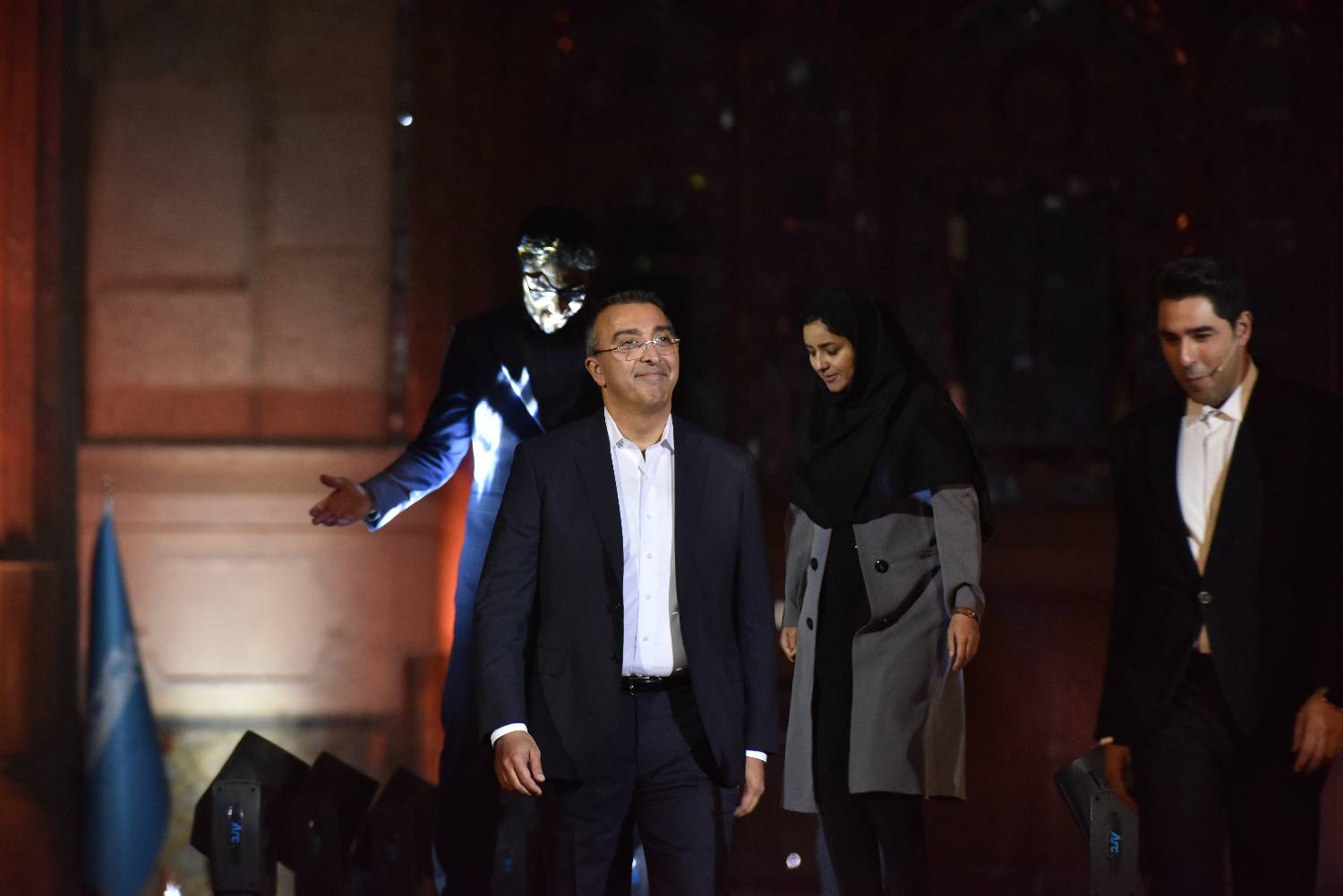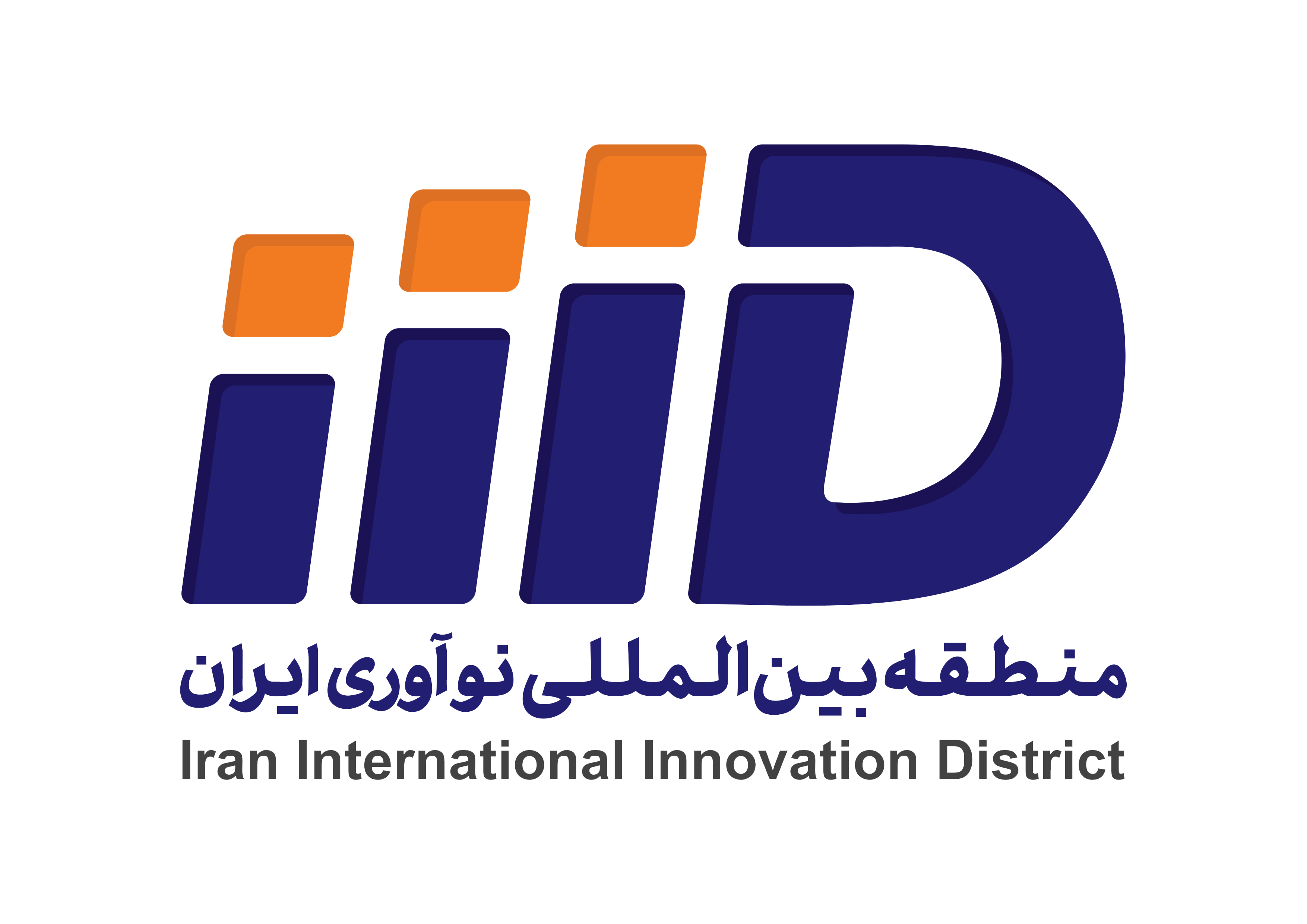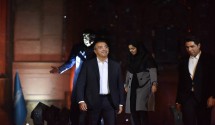The 2023 Mustafa Prize Laureate Omid C. Farokhzad:
Solving Big Problems Often Requires Looking at The Problem Through Different Lenses: Iranian-American Scientist

“I think that solving big problems often requires looking at the problem through different lenses, lenses that can be complementary, lenses that require specific expertise,” Farokhzad told Mustafa Science and Technology Foundation (MSTF).
“So, in my experience, it is really hard to solve really big problems in life sciences if you try to approach it with expertise that comes in one discipline.”
He believes that in order to come up with solutions to really difficult problems in the life, science and medical space one often needs “multiple orthogonal approaches and thinking and viewpoint.”
Farokhzad pointed out the fact that while there are some disciplines in which you can make significant advances through a single approach, in the field of medical sciences this is not likely.
He recalls his experience working at his lab during which various expertise were more than often used to tackle a scientific problem.
“In various cases the expertise were not mine, but as a coordinator of a lab, you need to solve problems and that requires expertise and you try to educate yourself as much as you can but ultimately the experts are others,” Farokhzad noted.
Farokhzad further addressed the importance of receiving multidisciplinary training. He himself initially trained scientifically in research as a molecular biologist, working with Professor Amin Arnaout at Massachusetts General Hospital for several years. Then, after a very short visit to the National Cancer Institute as a medical student fellow, he went on to post-doc at MIT in a chemical engineering lab, directed by no other than Prof. Robert Langer, Farokhzad’s mentor in his career and life.
Farokhzad likens coming with a medical background in molecular biology scientific training into a chemical engineering environment to “being a fish out of water.” But then he points out that it is all worth it after you devote the time and the energy to learn new approaches that enable you to look at a problem through multiple lenses that are orthogonal and complementary and more powerful than any one lens alone can do.
“Now imagine you build on [your multidisciplinary knowledge] and you become an academic or a faculty professor. Then you begin to have your labs and extend your multidisciplinary approach even more,” Farokhzad said. “I think that the scientific output is disproportionately high in that context.”
Farokhad believes that the training in nanomedicine is essentially a multidisciplinary training. In this sense, you may be coming to Nanomedicine from different backgrounds such as chemistry, engineering, biology, physics, optics, etc.
“In a nanomedicine space, very often you’re coming to a problem that is often multidisciplinary and you’re bringing in your own set of expertise in addressing those issues,” he noted.
Compared to several decades ago, Nanomedicine “had definitely taken off,” he said in response to a question about the future of Nanomedicine.
“[After establishing the lab] I remember vividly that my immediate boss came and said ‘Omid, what is a laboratory of Nanomedicine? What does that even mean?’ and I think, in fairness to him, if you put the term ‘nanomedicine’ in PubMed you literally have to go to the first page of hits because in 2004 there were just a little bit over a dozen of papers published with the term nanomedicine,”Farokhzad stated.
However, now, in contrast to two decades ago, one can do their PhD in Nanomedicine and there are institutes and departments of Nanomedicine.
The Nanomedicine scientist thus believes that the field is “well-established and impactful,” pointing to the tangible example of the period of COVID-19 when ultimately the vaccines that emerged were enabled by nanotechnology and the field of nanomedicine.
“mRNA vaccines are enabled by nanoparticle delivery system that allows that mRNA to function properly as a vaccine. So, the field of nanomedicine positively impacted billions of people and led to probably trillions of economic values,” he maintained.
Asked about his mentor, Robert Langer, Farokhzad said “I don’t consider myself in the league of Prof. Langer. I admire him as a mentor and as my career has moved on, he has become a friend and so much more than just a mentor over the last 20-plus years. I think any scientist would aspire to have a similar impact in our world, but also any scientist should aspire to leave a legacy of trainees behind that can continue to impact and change the world after they’re gone. In so many ways Bob is a role model to me and to hundreds of other people that he has trained.”
Mentioning his daughter who is in college and his son who will soon finish high school, Farokhzad said that hopes one day his own children find their own mentors “that can help them early in their career but potentially even throughout their career.”
Farokhzad believes that in science it is important to have people who support you and are behind you and “to have people who advise you in so many ways than just what is the correct experimental plan.” He believes that such a person is a beacon that guides you in so many aspects of your professional career and in some cases even personal life as you navigate your career through the decades that goes from the time you’re trained until the time you finish your professional life.
Quick Access

Address: Pardis Technology Park, 20th km of Damavand Road (Main Stresst), Tehran I.R. Iran.
Postal Code: 1657163871

Tel: 76250250 _ 021

Fax: 76250100 _ 021
E-mail: info@techpark.ir

website:iiid.tech









